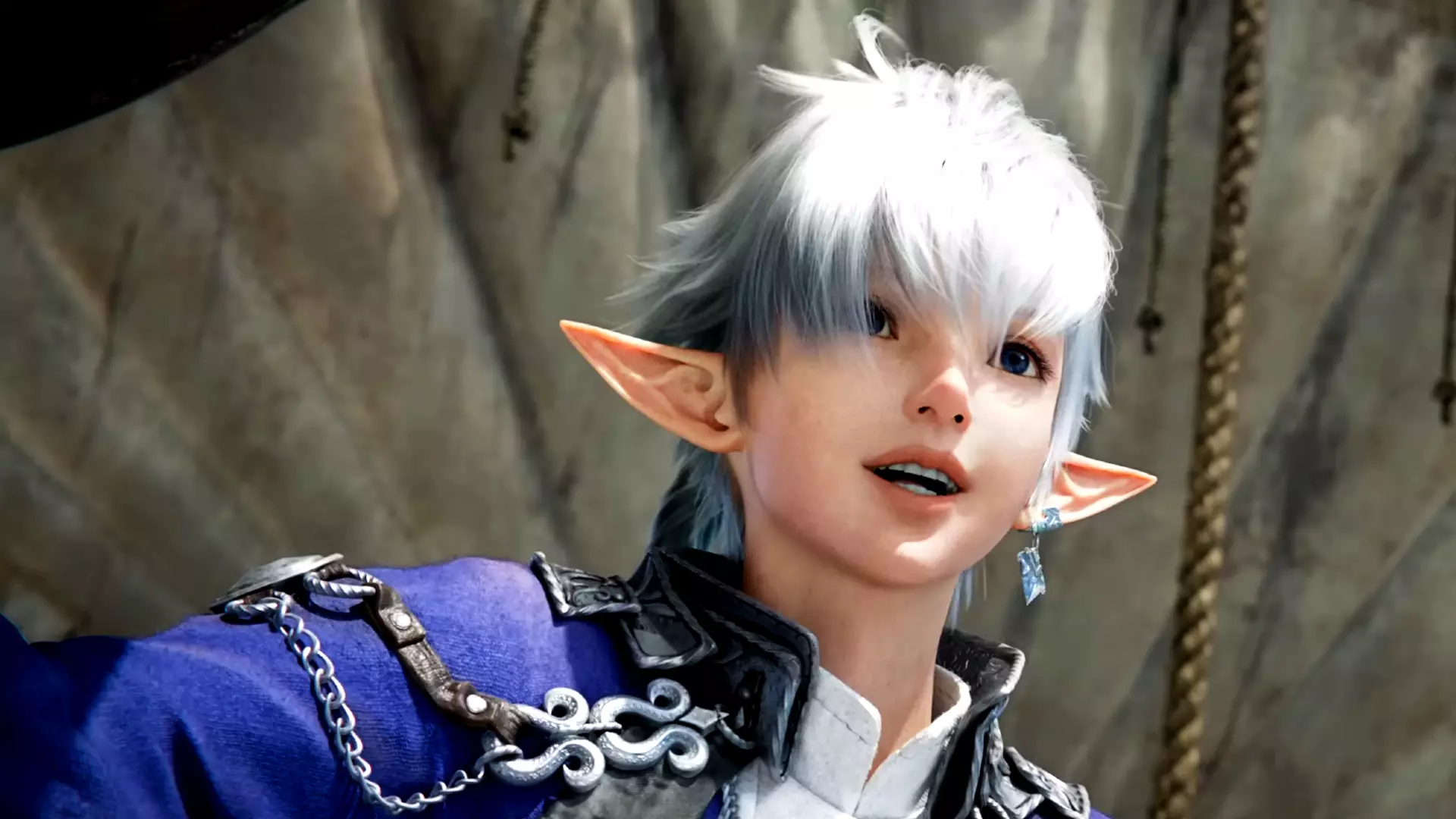Final Fantasy XIV, one of the most beloved MMORPGs of its era, finds itself at a pivotal crossroads. Recent updates, particularly Patch 7.25, have fallen short of player expectations, leading to a significant decline in the game’s Steam reviews, which have dipped from a brief “Mixed” to a disturbing “Mostly Negative.” Despite Square Enix’s claims that these updates incorporate player feedback, many gamers feel the changes lack depth and originality, giving rise to widespread frustration. The perceived redundancy in gameplay—characterized by repetitive grind and a scarcity of compelling content—has left the community disillusioned. It’s become clear that maintaining a loyal player base in today’s competitive market requires more than token updates; it demands genuine innovation and listening to the community’s deeper needs.
This dissatisfaction symbolizes more than a temporary setback; it exposes underlying issues within the game’s developmental trajectory. Players crave meaningful, fresh experiences, and the current patch cycle seems insufficient in delivering that. The sentiment among fans starkly contrasts with the developer’s optimistic messaging, highlighting a disconnect that needs urgent addressing. It’s not just about adding new features—it’s about restoring faith in a game that has, historically, set high standards for quality and storytelling in the MMORPG genre.
Leadership’s Response and the Roadmap to Redemption
Despite the rocky patch, Final Fantasy XIV’s director Naoki “Yoshi-P” Yoshida offers a promising outlook. In an interview with Famitsu, translated by DeepL and Google, Yoshida openly acknowledges the challenges Square Enix faces—particularly the struggle to regain player trust after recent missteps. While he concedes that the game isn’t in its ideal state yet, Yoshida emphasizes that Patch 7.3 marks a crucial turning point with tangible steps toward improvement.
What stands out is Yoshida’s candid comparison—recalling the initial struggles of the original Final Fantasy XIV before the inception of A Realm Reborn. This analogy signals that the developers understand the importance of navigating a period of upheaval and coming out stronger. The mention of an upcoming Ultimate raid, although not part of Patch 7.3, indicates that high-end content development remains a priority. This commitment to endgame quality demonstrates that Square Enix is actively listening to the most dedicated segments of its community.
Furthermore, the announced inclusion of Final Fantasy XI-inspired characters and raids suggests a strategic effort to diversify content and appeal to older fans who have experienced the franchise’s history. The upcoming Patch 7.4’s new variant dungeon provides additional avenues for engaging gameplay, hinting at a broader, more ambitious content framework post-7.3.
The anticipation surrounding the next Fan Festival also points to a desire for transparency. Yoshida’s indication that the festival’s dates will be announced soon hints at the potential for major announcements—most likely revealing the next expansion, which has become a point of communal excitement. Such events serve as critical opportunities for developers to reconnect with their community and clarify future plans, which in turn can help rebuild trust.
Can Promised Changes Transform the Game’s Trajectory?
While optimism exists within the community, skepticism remains widespread. Many players question what specific, concrete measures will be undertaken to rectify the game’s current shortcomings, rather than merely offering reassurances. The phrase “solid changes” is often met with cautious suspicion—particularly when previous updates have been perceived as superficial or lacking in meaningful innovation.
However, it’s crucial not to dismiss the potential of the upcoming updates simply because the situation is fragile. The development of an Ultimate raid and planned content expansions are indicators that Square Enix is committed to long-term growth. Moreover, the fact that Yoshida openly discusses the game’s imperfections—rather than hiding its flaws—reflects a mature approach that could foster genuine improvements, provided it is matched by substantive action.
The community’s skepticism, including humorous yet pointed demands to kill off Dawntrail protagonist Wuk Lamat for narrative impact, underscores how invested fans are in the game’s direction. They yearn for risk, stakes, and more meaningful storytelling—elements that elevate MMORPGs from mere grind-fests to immersive virtual worlds. If Square Enix can channel this desire into well-crafted content and transparent communication, the game might turn its current tide.
Final Fantasy XIV stands at the brink of transformation. The path ahead is fraught with challenges, but the combination of developer acknowledgment, strategic content planning, and community engagement could truly give the game a second wind. Whether it will succeed hinges on the sincerity of the upcoming changes and the ability to meet players’ high expectations in a genre that prizes both innovation and trust.

